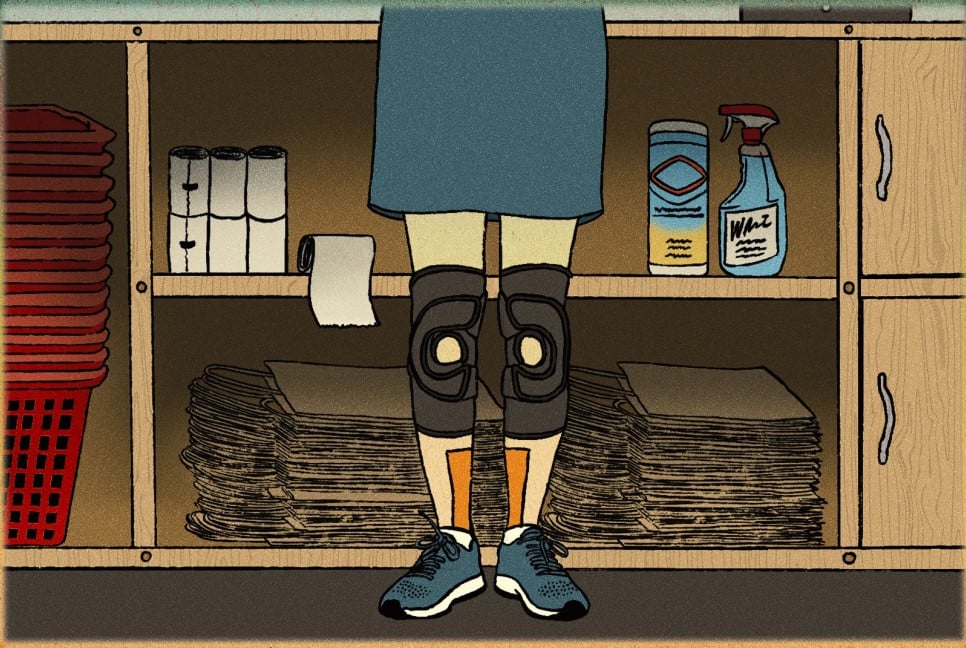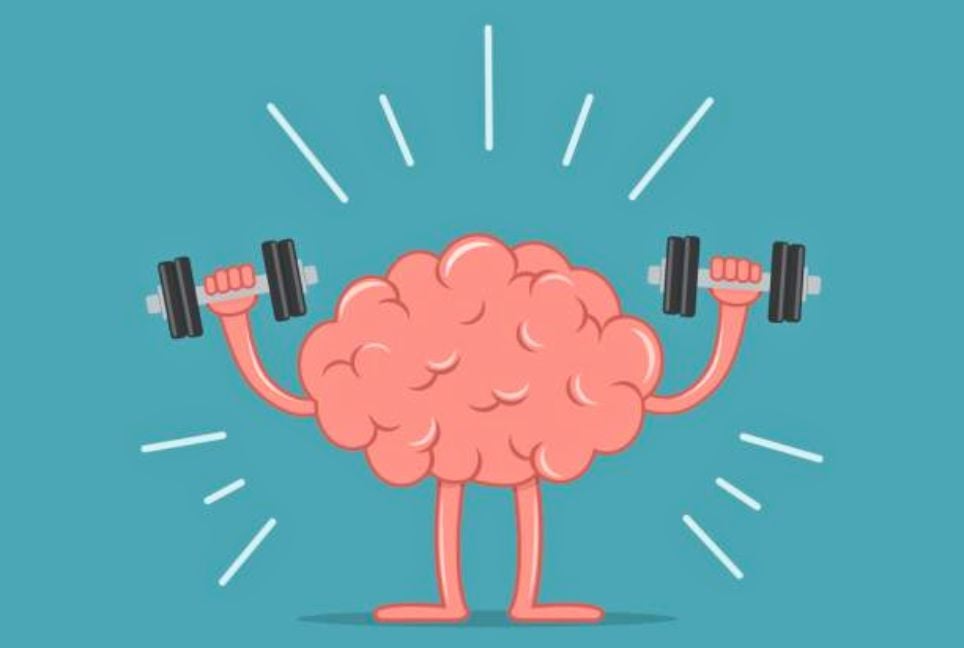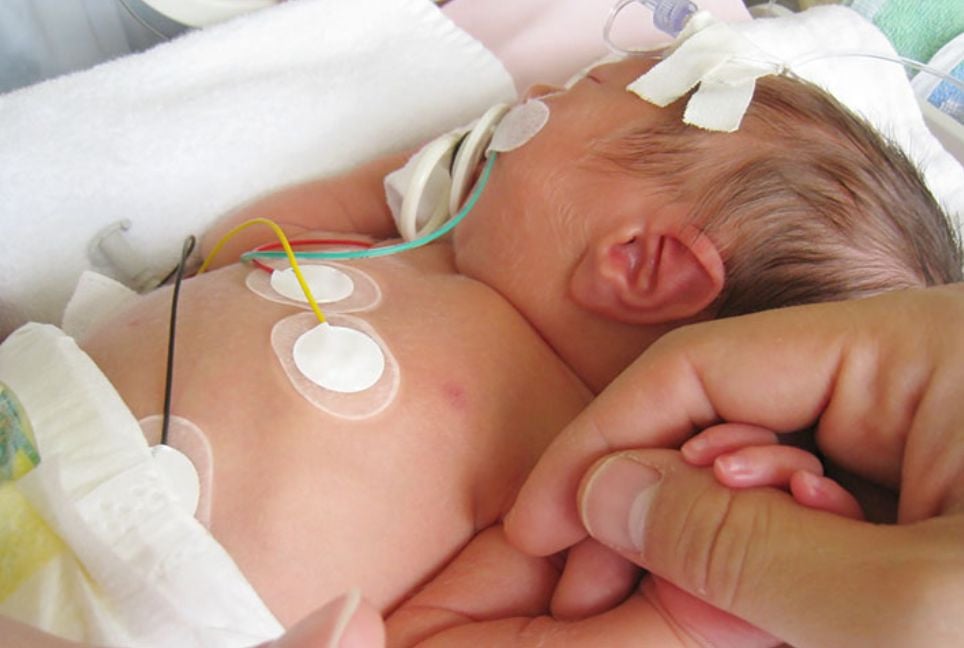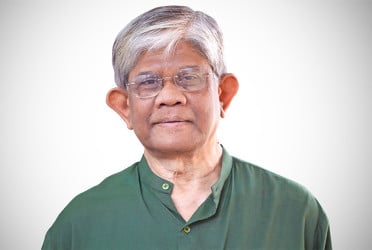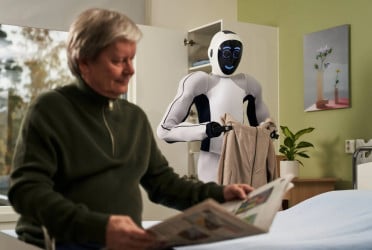If you find yourself sleepy during your daily activities in your older age, you may need to consider it more than an inconvenience — since the fatigue may indicate you’re at higher risk for developing a condition that can lead to dementia, a new study has found.
Among participants who experienced excessive daytime sleepiness and a lack of enthusiasm, 35.5% developed motoric cognitive risk syndrome compared with 6.7% of people without those problems, according to the study published Wednesday in the journal Neurology, reports CNN.
Motoric cognitive risk syndrome, or MCR, is marked by slow walking speed and complaints of memory problems among older people who don’t already have dementia or a mobility disability. The risk of developing dementia more than doubles in those with this syndrome, which was first described in 2013.
Tracking sleep patterns
The findings are based on 445 adults who were age 76 on average and recruited from New York’s Westchester County for the Central Control of Mobility and Aging study, which assesses the cognitive processes and brain mechanisms that regulate mobility in aging.
Participants walked on treadmills so their initial gaits could be recorded, then were assessed annually from 2011 to 2018.
The study authors also collected yearly data on participants’ recollections of their sleep quality and quantity in the two weeks leading up to the assessments. Specifically, the team gleaned details within seven components of the Pittsburgh Sleep Quality Index: subjective sleep quality, time it takes to fall asleep, sleep duration, sleep efficiency (ratio of total hours asleep to total hours in bed), sleep disturbances, use of sleep-inducing medication, and daytime dysfunction, such as having trouble staying awake during activities or feeling less enthusiasm to get things done.
Over a follow-up period of roughly three years on average, 36 participants developed motoric cognitive risk syndrome. Compared with “good” sleepers, “poor” sleepers had only a slightly higher risk of MCR. But when the authors considered the seven sleep components separately, only daytime dysfunction was associated with 3.3 times higher risk of MCR.
Sleep’s link to brain decline
It’s unclear why out of seven sleep components, daytime dysfunction was the only one significantly associated with MCR risk, when one might think that the other six components — which included sleep quality and quantity — would play a role in daytime dysfunction, experts said.
Spires-Jones pointed out that for the potential link between daytime dysfunction and MCR, reverse causation is also possible.
“Scientific evidence is suggesting that when you are in the early stages of dementia, pathological changes in the brain disrupt sleep,” she added — meaning it’s “likely the early disease causing sleep disruption, not disruption causing disease.”
It’s well known that sleep disturbances such as REM sleep behavior disorder can be early predictors of conditions, including Lewy body dementia or Parkinson’s disease, Isaacson said.
Monitoring sleep health in aging
The study results show how precious sleep is, Leroy said.
People having trouble with their sleep should talk to their doctors, consider completing a sleep questionnaire, and discuss whether an at-home or in-hospital sleep study may be helpful, Isaacson said.
“Treating sleep disturbances should pay dividends for many years, even decades, on overall brain health and dementia prevention.”
You can take other measures to protect your brain during aging.
“Living a healthy lifestyle, including eating well, maintaining a healthy weight, keeping your body and brain active, and treating any hearing loss, are all ways of boosting brain resilience and likely lowering dementia risk,” Spires-Jones said.
If you’re already experiencing mobility issues, fall prevention can help, Isaacson said — that can include physical and occupational therapy evaluation, and at-home adaptations such as installing bars in the shower, removing clutter and using night-lights.
Bd-pratidin English/Fariha Nowshin Chinika




